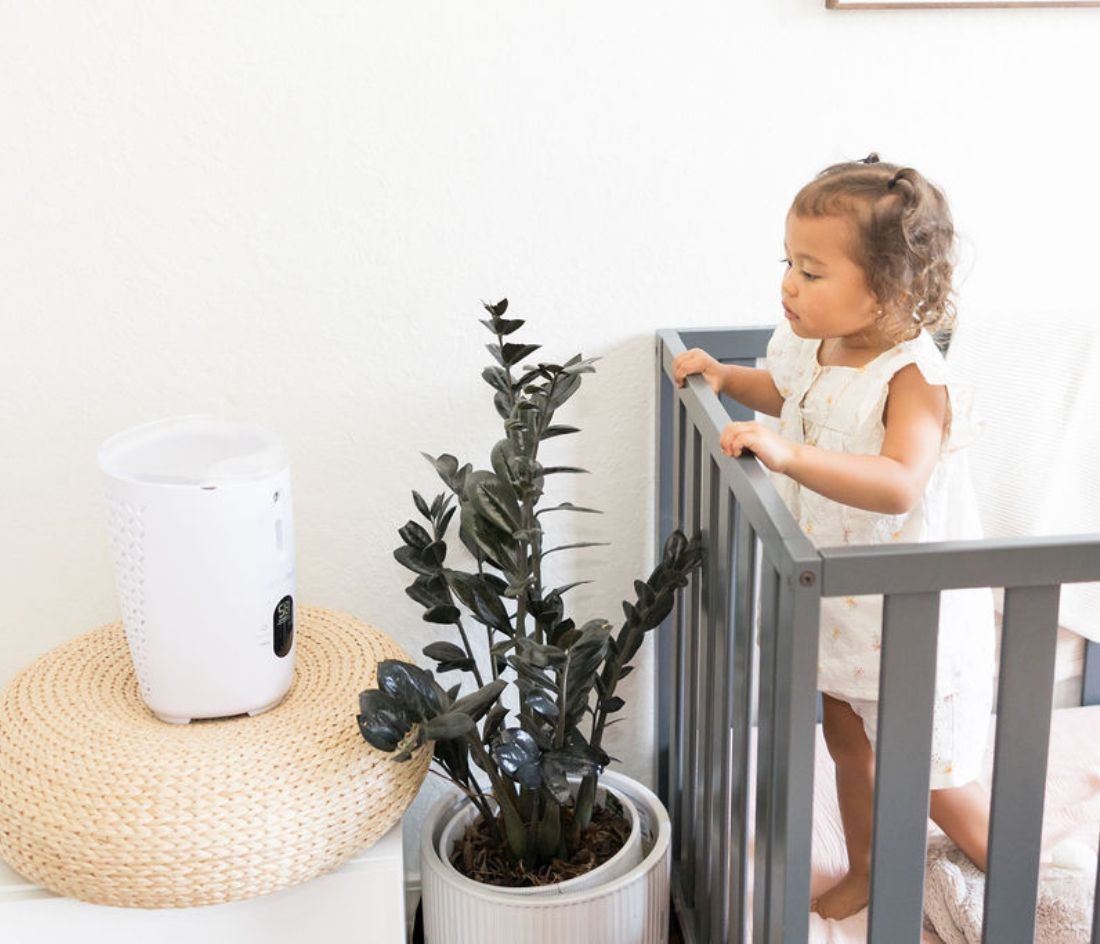Guest Post by Katy Fleming, MA, LPC, BSN, RN
We’re kicking off another school year of new textbooks, friendships, and for some– daily visits to the school nurse.
Those continuous phone calls of tummy aches and random pains leave parents scratching their heads. Studies reveal that school nurses identify anxiety as their most addressed problem.
Let’s address why our frequent flyers keep returning to the school nurse and how to handle it better.

Why Do Kids Always Go to The School Nurse?
According to the Centers for Disease Control and Prevention (CDC), approximately 5.8 million children were diagnosed with anxiety between 2016 and 2019.
As these numbers continue to rise, you may find your kiddo paying yet another visit to the nurse’s office. In reality, stress and anxiety play a major role in children’s lives, as well.
Complaints of stomach pains, headaches, nausea, excessive tiredness, or shaking are all potential physical signs of anxiety.
It’s important to discuss these symptoms with your pediatrician to first rule out a possible medical condition. If the problem persists without any explainable medical cause, then assess areas of stress for your little one.
Feelings of ongoing generalized anxiety, bullying in the classroom, difficulty transitioning, and peer conflicts are common sources of stress and frustration. The nurse’s office is a source of solace for many young children in despair.
How Can I Effectively Respond?
As a parent, it’s stressful to balance adult life and the never-ending school nurse phone calls. When the seemingly empty complaints continue, the frustration boils over.
Check out these tips to support your child’s mental health and create an impact on their anxiety.
1. Address their fears
It’s important to identify the root problem, which starts with open communication.
Assess if there’s a specific situation causing your child stress or if they’re struggling with generalized anxiety.
Allow your kiddo a safe space to discuss their worries and concerns. Validate their feelings and listen to their experience.
If your child doesn’t feel comfortable opening up with you, don’t feel bad. It’s often most difficult to discuss our problems with those closest to us, especially our parents. Seek out a licensed therapist for additional support.

2. Challenge Negative Thinking Patterns
Even as adults, many of us get stuck in negative thinking patterns. Help your child identify unrealistic thoughts such as, “I’ll never see you again” or “What if I fail?”
Anxiety fuels those distorted thoughts that make your child feel bad about themselves.
Help your kiddo to recognize these negative thinking patterns and reiterate that we all make mistakes. Challenge unrealistic thoughts such as “I’ll never pass this test,” by encouraging your child to identify the last time they succeeded in school.
3. Teach Healthy Coping Skills
After you’ve pinpointed the source of the problem, whether it’s anxiety over school performance, a bully in the classroom, or negative self-perception– educate your child on healthy coping mechanisms.
Address physical symptoms of stress with relaxation techniques such as deep breathing or yoga.
There’s a variety of online resources including yoga for kids and relaxation music playlists.
4. Reach Out For Help
It’s important to provide your child with the appropriate support. Inform your pediatrician of their physical complaints and seek out the school counselor.
Many children benefit from other forms of treatment such as play or music therapy. These creative outlets allow little ones to express their emotions differently.
Don’t forget to build your support as the parent, also. Find your tribe of moms, a local support group, or your own therapist for the self-care that you deserve.

Want more parenting tips? You’ll love these:
- How To Advocate For Your Child With Autism Spectrum Disorder (ASD) In A Medical Setting
- 6 Epic Potty Training Tips For Busy Parents
- Everything Parents Need To Know About Earwax
- 5 Things To Know When Your Baby Or Child Is Prescribed Antibiotics
- What Are Chest Percussions? And How To Do Them At Home
School nurses report evaluating kids the most for anxiety-related problems. If you’re concerned about the amount of phone calls received from the nurse’s office, start with an empathetic listening ear.
Help your child manage their anxious thoughts by connecting with a therapist, teaching healthy coping skills, and challenging distorted thoughts.
As a licensed counselor and registered nurse, Katy approaches freelance writing with years of experience and a unique perspective. Alongside her partner, Katy loves to travel the world and embrace other cultures from volcanoes in Iceland to villages in India.
The Nozebot is a battery-powered suction device designed to clear nasal congestion in babies and children.



